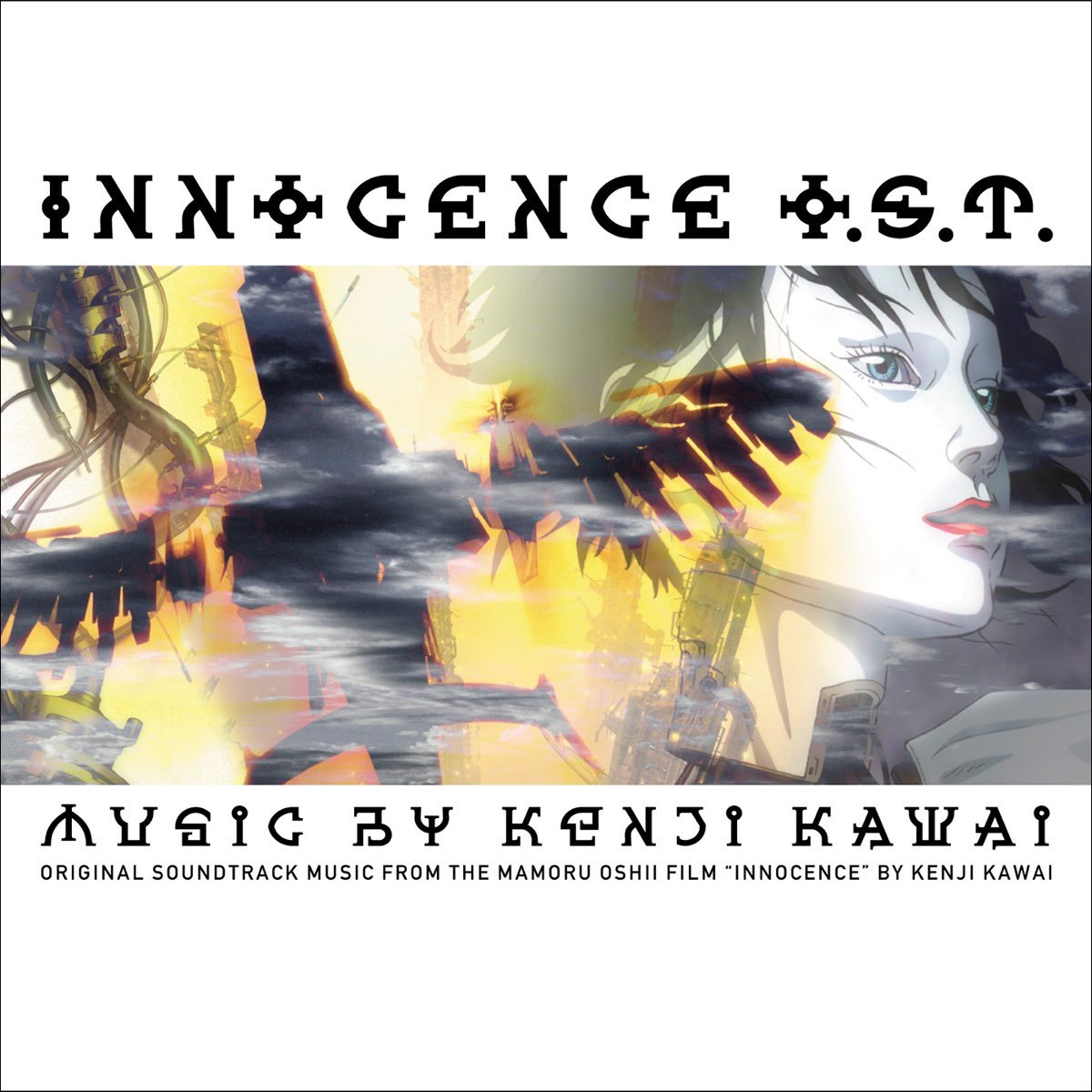How an Anime Intro Became the Most Recognizable Intro of All Time - A Cruel Angel's Thesis

Countless anime intros today are catchy, iconic, and instantly recognizable.
But perhaps the most legendary anime intro of all time is the opening to the influential Neon Genesis Evangelion series, with the track "A Cruel Angel's Thesis".
Even if you haven't seen the series or speak Japanese, you've probably heard this supreme tune at some point. But not many people know the behind-the-scenes of how the song & intro came to life.
The original track, "A Cruel Angel's Thesis" [残酷な天使のテーゼ] was released on October 25th, 1995, as singer Yoko Takahashi's 11th single. The song was written by Neko Oikawa, and composed by Hidetoshi Sato & Toshiyuki Omori. The request for the track was something with "philosophical", "difficult" lyrics. Oikawa happened to have Moto Hagio's manga, "A Cruel God Reigns" at her workspace and decided to use that as the main lyric for the song. At first, she thought of creating the song from a 14-year-old child's perspective, but changed it to instead, the perspective of a mother who doesn't want their child to grow up. After receiving a demo tape with a melody, Oikawa was able to write the lyrics in a mere 2 hours.
During the production of the song, Toshimichi Otsuki of King Records intentionally didn't have any of the writers or composers meet up, and Yoko Takahashi hadn't even heard the song at the time of recording or heard much of the project overview in general, with first impression being a huge emphasis on the creative process. Evangelion director Hideaki Anno didn't even plan on having a song created for the intro. At first, he wanted "Polovtsian Dances" from the opera "Prince Igor" to be used, which was ultimately turned down by the TV station due to an anime with a classical song as an intro being too progressive.
Over 25 years after its release, the Evangelion franchise finally came to an end with the release of Evangelion: 3.0+1.0 Thrice Upon a Time. A Cruel Angel's Thesis continues to be the most iconic sound from the series and is still topping music, karaoke, and copyright royalty charts in Japan.





